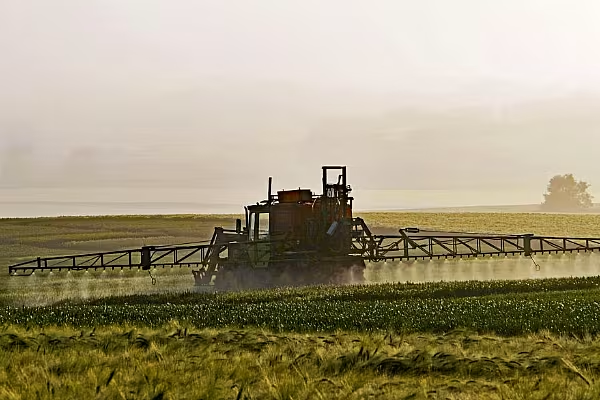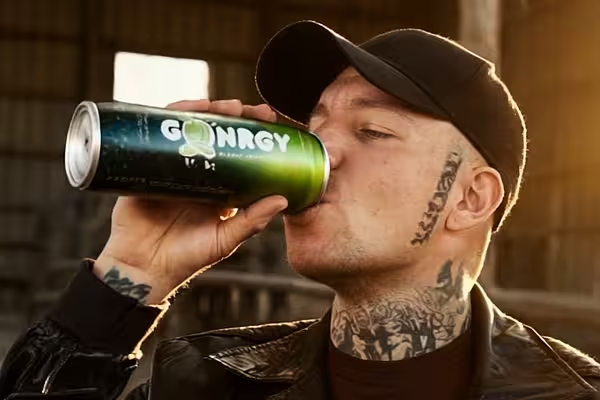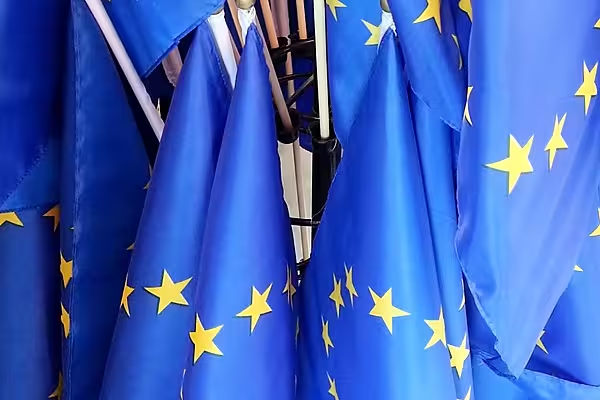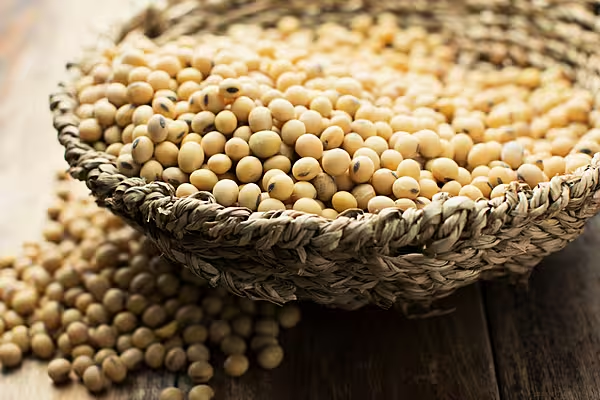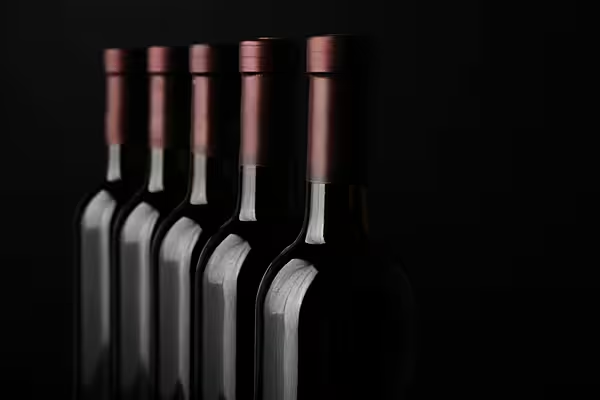The European Commission may delay the publication of proposals on sustainable farming and nature that had been expected this week, while the impact of the war in Ukraine on food supply has led some countries to resist reform.
The EU is overhauling all sectors to become greener, including agriculture, which produces roughly 10% of EU greenhouse gas emissions.
Binding Laws
Brussels has mooted targets that include halving chemical pesticide use by 2030, and is drawing up binding laws to make them a reality.
However, the European Commission is considering delaying two new proposals - binding targets to restore nature, and a more sustainable pesticides law - which were to have been made public on Wednesday.
EU officials were expected to decide on Monday (21 March) on the timing of the proposals, which are competing for attention with emergency plans on soaring energy prices and food supply, after Russia's invasion of Ukraine drove up prices of wheat and barley and raised fears of shortages.
Russia and Ukraine make up more than 30% of global trade in wheat and more than 50% for sunflower oils, seeds and meals. The EU also imports significant amounts of animal feed and fertilisers from the region.
EU farm ministers also gathered on Monday to discuss measures to respond to the impact of the war.
New Farming Policy
French agriculture minister Julien Denormandie said it had led some countries to question the transition to a new EU farming policy, but that did not mean it should not happen.
"Yes it's complicated, doing this transition, while ensuring food supply, but it's not the case that we don't do it because it's complex," Denormandie said on arrival for the meeting.
The Commission is considering measures to address food security, such as by allowing land lying fallow, a practice that allows the environment to recover between farming cycles, to be used for crop production or animal grazing.
A group of 400 scientists and food sector experts on Friday said abandoning sustainable farming practices would be counter-productive.
'These measures would not move us towards but further away from a reliable food system that is resilient to future shocks, and delivers healthy and sustainable diets,' their statement said.
It called instead for a shift to crops less reliant on fertilisers produced using Russian gas, and more plant-based diets to cut the amount of grain needed for animal feed.
Read More: Investors Warn EU Against Badging Intensive Farming As Sustainable
News by Reuters, edited by ESM – your source for the latest supply chain news. Click subscribe to sign up to ESM: European Supermarket Magazine.
